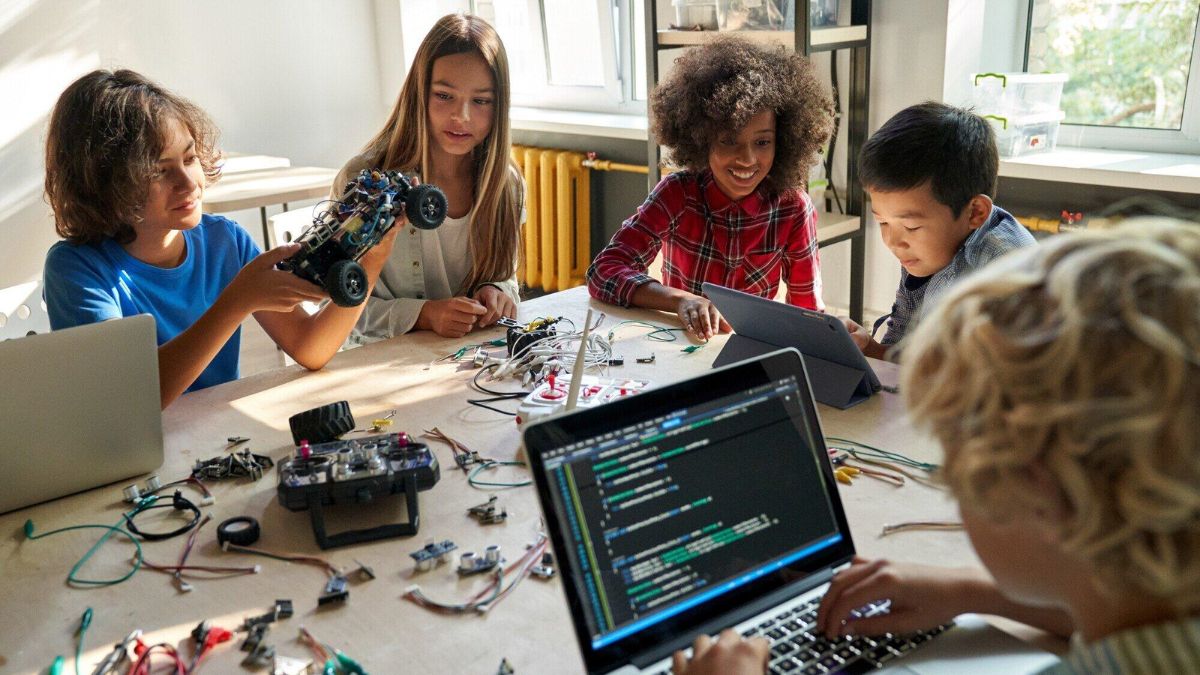In today’s world of many teaching methods, back-to-basics schools stand out by focusing on the basics. Reading, writing, and math are skills every student needs to succeed. Many students struggle with these core subjects, which makes strong foundations more important than ever.
Are these schools just a passing trend, or do they offer a real solution for building essential learning skills? Let’s explore how the classic approach helps students build strong habits and lasting success.
The Principles of Back-to-Basics Education
Back-to-basics schools focus on core skills in a clear and structured way. They make sure students understand the basics before moving on to harder topics. This approach is guided by a few key principles:
Repetition
Students review lessons regularly to strengthen their understanding. Practicing skills often helps them remember what they learn. This steady approach builds confidence and mastery over time.
Structured Curriculum
The focus is on key subjects like reading, writing, and math. Lessons are organized in a clear and logical order. Schools like Legacy Traditional School in Columbia follow this approach, helping students build a strong foundation before moving to harder topics.
Personal Attention
Smaller classes allow teachers to focus on each student. Lessons can be adapted to meet individual learning needs. This attention helps every student progress at their own pace.
Parental Involvement
Parents are encouraged to take an active role in their child’s education. They stay informed about lessons and progress. This teamwork between home and school supports learning and growth.
Why Repetition Matters
One key feature of back-to-basics schools is the use of repetition in learning. Going over important lessons again and again helps students understand and remember better.
For example, reading classes often teach phonics every day so students can recognize and sound out words with ease. This method helps build confidence and makes learning stick.
Community Impact
Back-to-basics education benefits not just students but entire communities. Involved parents and supportive neighborhoods create a strong environment for learning.
By focusing on core skills, these programs help students develop critical thinking and problem-solving abilities. Students who follow this approach often do well in higher education and go on to make positive contributions to society.
Your Role in Supporting Core Learning Skills
If you are a parent or teacher who wants to support core learning skills, simple daily activities can make a big difference. Take time to talk about books with your child and ask questions about the story.
Solve small math problems together while shopping or cooking. Set aside regular time each day for homework and practice.
Stay involved by attending school events and keeping up with changes in your local schools. Being active in your child’s learning helps them build strong skills and succeed in their educational journey.
Take Charge of Education Today!
The success of back-to-basics schools shows how important core learning skills are for students. Consider enrolling your child in a school that follows these principles or supporting this approach in your local schools. By working together, we can help build a generation with the strong academic foundation they need to succeed for life.
Is this article helpful? Keep reading our blog for more.

